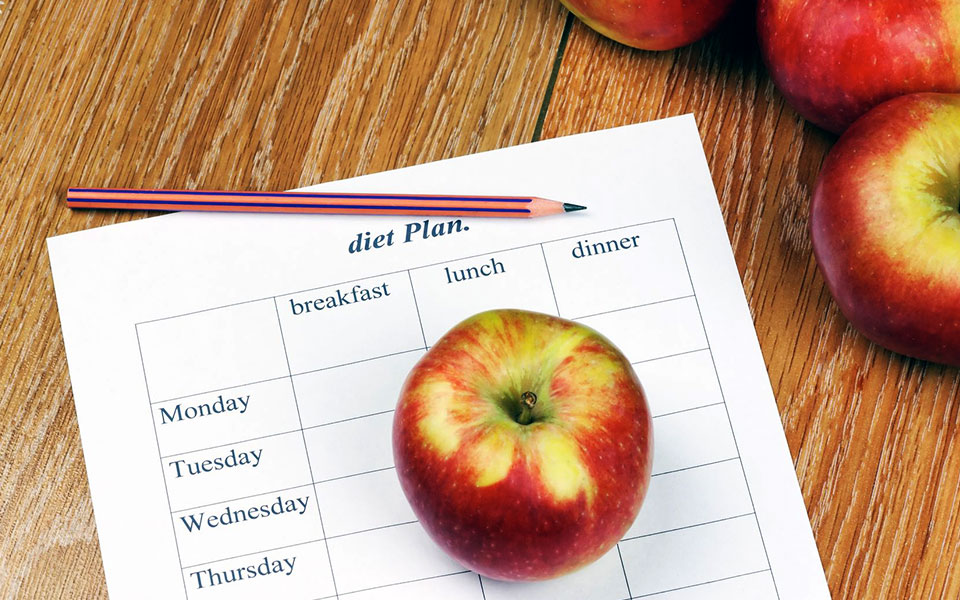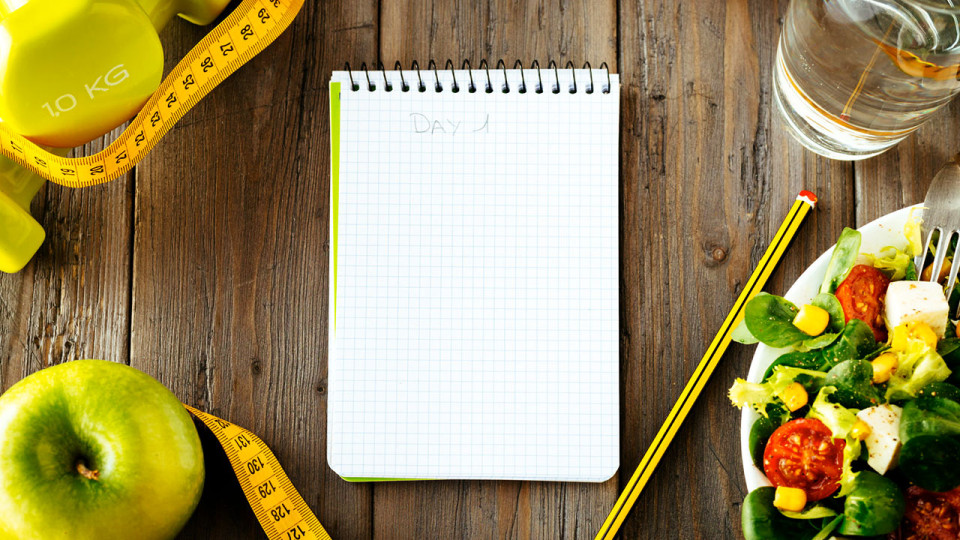You’ve been at it for months. You try to eat healthy. You hit the gym whenever you have a free moment to spare, and it’s been great. For the past few months you’ve seen significant progress in your workouts, but for the last couple of runs, you’ve just felt drained. If this sounds familiar, stick around to see how incorporating a food diary into your workout routine can help increase your performance.
So… What is a Food Diary?
A food diary, like any type of journal, is essentially a logbook of all the foods you eat throughout each day over a given period of time. In addition to just the foods consumed, an effective diary should include other useful information, such as sleep patterns, exercises performed, and your general mood before, during and after eating. These are all things that have an effect on your athletic performance, physical fitness and overall health.
Food diaries are used by a variety of people. Though each group may have a different end goal in mind, the concept of keeping a journal is shared by all. Some use it as a tool to help them lose weight. Others, such as those struggling with diabetes, use it to simply keep track of, and maintain, a healthy diet. Yet, others, such as professional athletes, runners and exercise enthusiasts, use food diaries as a crucial tool to help them reach peak performance.

How Do I Get Started?
Starting a food diary is simple. Just grab some paper and a pen. If you prefer, you could even grab a cheap notebook to keep it all together. It doesn’t matter which format you use, so choose whichever feels comfortable.
Next, pick a time period where you’re certain to be eating the way you normally do. For example, you wouldn’t want to start a food diary on a week-long vacation to China because that won’t accurately reflect your dietary habits.
Okay, so now it’s time to start logging. You’ll want to include all pertinent information. This includes: the date of the day you’re tracking, hours slept, as well as the time, type, and amount of foods and fluids consumed. Also, you’ll want to log things like your mood and energy levels before, during and after sleep, meals and workouts.
The how is easy; it’s just a chronological log of your dietary day with notes. The key, though, is using the information as a tool to gain valuable insight into the link between sleep, diet and performance.
What are the Benefits of Keeping a Food Diary?
You may be wondering, why keep a food diary? If you haven’t done it before and you haven’t had a chance to see the pay-off, it’s an understandable question. So, here are a few of the benefits you can get from keeping a food diary:
- An increased self-awareness
- An effective planning and improvement tool
- Documentation for your doctor or nutritionist
Keeping a food diary allows you to, without judgement, track your dietary habits over an extended period of time, such as how many calories you have consume on an average day and how many calories you have burned through exercise. Also, by tracking yourself over time, you may begin to notice patterns that weren’t seen before. For example, you may notice that you perform better, or worse, after eating certain types of foods.
Establishing a habit of logging all of your calories into your diary forces you to become more aware of the foods you eat. You may be less inclined to eat certain foods once you see the affect they have on your overall performance.

The concept of becoming aware of what you eat is similar in nature to many weight loss programs. In the ABC News article, “Keeping Food Diary Doubles Weight Loss“, Kendall Krause, M.D. wrote, “Experts agree that the ultimate value lies in the formation of a “foundation of personal accountability”.
This awareness that you gain gives you valuable insight. It provides you with the knowledge of which foods help you perform better and which don’t. It’s with this new understanding that you can begin to make adjustments. If you see that your sleep pattern needs improvement, plan your day to adjust for this. If you see that you consume too much sugar, try to cut back. Knowing and seeing what you need to change is the first step.
Start A Food Diary Today
Finally, keeping a food diary whether digital or physical provides you with a written account of your dietary and exercise habits that you can show your doctor or nutritionist at the next visit. He or she may be able to provide you with some advice on any areas that may need adjustment.




